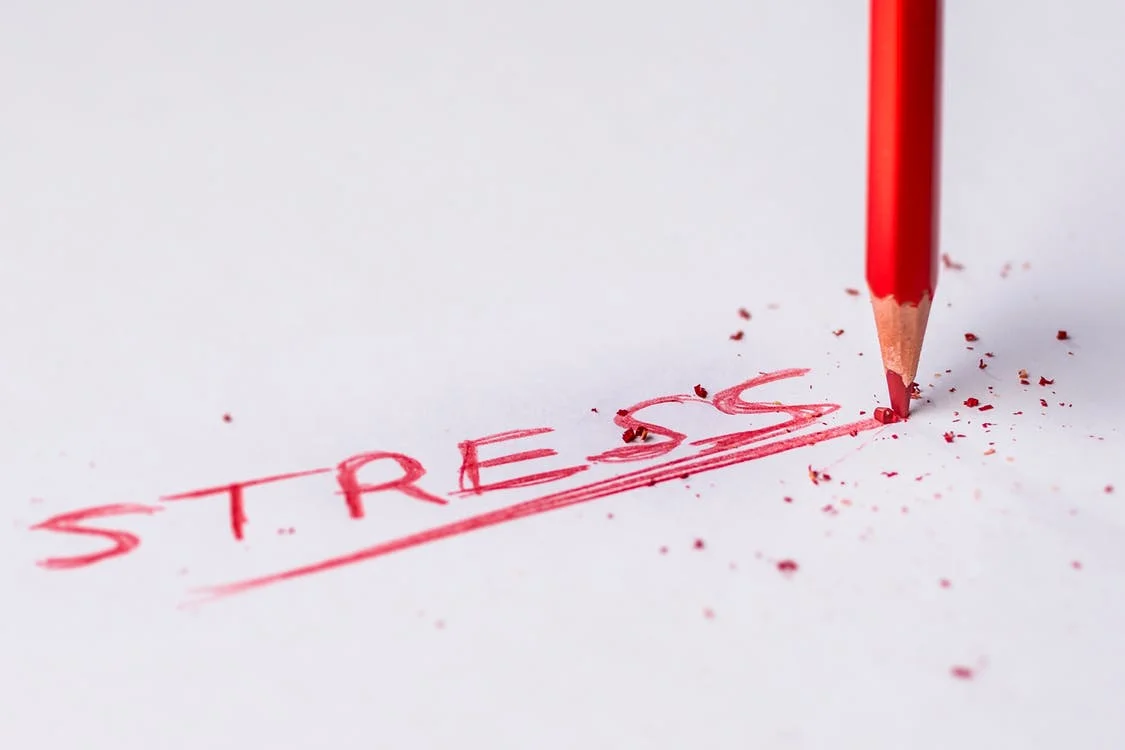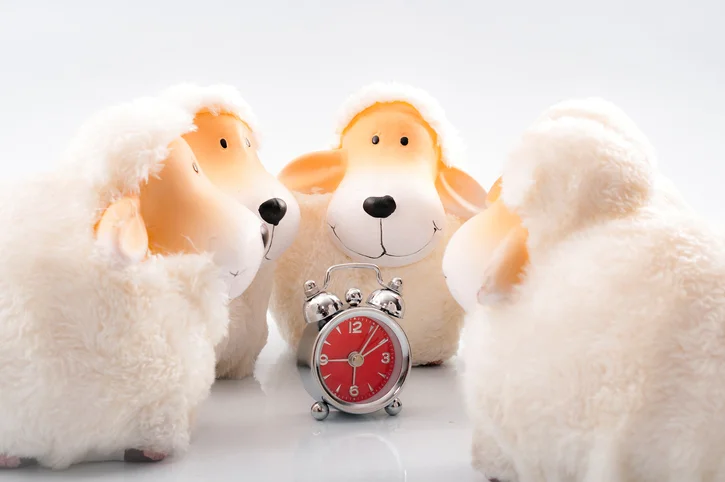Tracking Your Sleep
When we don't get enough sleep, our bodies don't have time to repair organs and flush toxins from our brains, which can increase the risk of developing high blood pressure, heart disease, diabetes, and symptoms of mental health disorders. And depending on your age, the amount of sleep you need varies.
Challenge yourself to track your sleep to figure out if you're getting enough of it. Here are some ways to track your sleep:
- The old-fashioned way. Look at the clock before you fall asleep and make a note (mentally or on paper) of when it was, then when you wake up, do the math and figure out how many hours of sleep you got.
- The wearable way. There are many devices you can wear to help you track your sleep and how much time you spent in the different stages of sleep.
- The smart phone way. Try a free app like SleepBot, Sleep Cycle or Sleep Time to track your sleep patterns based on the movements and sounds you make while you are snoozing. All you have to do is download the app, open it before going to bed, and place it face down on your nightstand or on your bed beside your pillow.





